Yes, we'll all be paying with wearables in the future
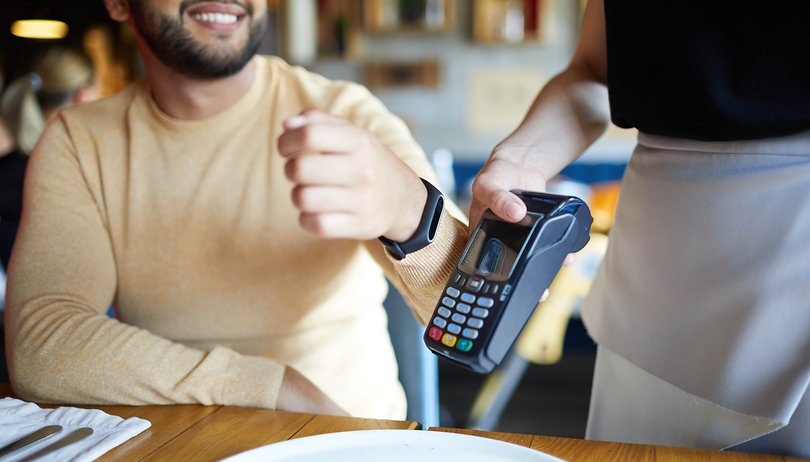

Smartwatches and fitness trackers are becoming more and more present in our lives. These wearables haven't only simplified the health stat monitoring, they've also improved our relationships with our smartphones. And starting now, something new will change our daily lives: payment via wearables. Are cash purchases on the verge of extinction? Is the age of the credit card nearly over? We'll let you know what's awaiting us in the future.
Every generation has their preferred payment method
Contrary to what many people might think, the market for wearables is growing rapidly due to fitness tracker sales. These devices have made their way onto many people's wrists in recent months, and many of them will surely find their way into Christmas stockings soon.
Wearables offer a variety of features that appeal to users. Recently, they've acquired the ability to make payments. Yes, this type of payment is one of the innovations that will make its way into our daily lives in the near future.
Banks and manufacturers understand this very well. There's a rapidly expanding market for contactless payment methods via wearables that shouldn't be missed. Apple, Google, Samsung, Fitbit and Garmin (to name a few) all already offer solutions to make payments with wearables. All these services work in the same way using NFC technology. The deployment of contactless payment solutions is already underway in the majority of developed countries.
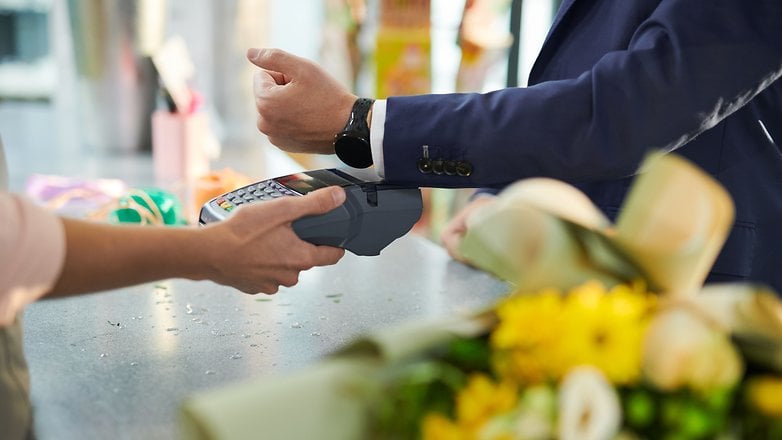
It will likely be the younger generations of users who will become the main ambassadors for this kind of payment. Long ago, baby boomers popularized the use of credit cards. Generation Y started using their phones for making payments. Generation Z will actually start using wearables to pay.
More advantages than disadvantages
Admittedly, even today, there's still a great deal of mistrust towards this type of payment. Regardless of the service you use, it's necessary to enter your bank details somewhere. In a world where we hear about scams, theft, blackmail and other cyber-criminal cases, an uninformed person won't risk entering their bank details anywhere. The risk of fraud frightens potential users.
Fortunately, if you take the necessary security measures, it's very unlikely that you'll encounter problems like this, and contrary to what you might think, it isn't any more dangerous than more traditional forms of payment. As is the case with credit cards, if someone has used your wearable fraudulently, you're entitled to a refund in the amount debited from your account.
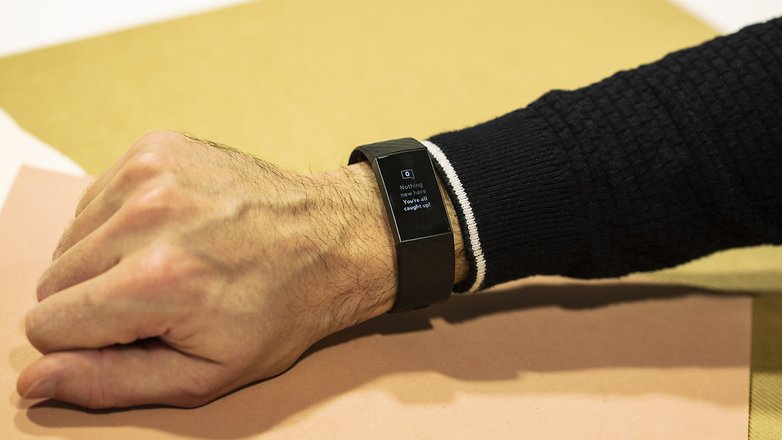
After its nascent start, in the shadow of contactless mobile payment, payment via smartwatches is timidly beginning to make its debut. Early feedback from customers and retailers has been more than encouraging.
For consumers, it's possible to make purchases without necessarily having cash or a credit card on you. That means you don't even have to take your phone out of your pocket or use a PIN to confirm your purchase. For retail workers that will save a lot of time - lines at the checkout should start disappearing. On average, this should save 10 to 15 seconds per purchase!
Patience patience patience!
Of course, it's important to be patient until this form of payment becomes widespread and as important as credit cards. For example, in developed countries it took 30 years for the bank card to be used almost as much as cash.
Generation Y started using their phones for making payments. Generation Z will actually start using wearables to pay.
The development of this type of payment won't be the end of cash or credit card payments. Of course, using cash is a cultural phenomenon that differs significantly from country to country. In some cases in Scandinavian countries, you can't pay with cash. In the UK, British consumers are abandoning their purchases via credit card or cash, and are increasingly using their mobile phones for payments. A recent Mastercard study found that mobile payments account for a quarter of all spending in the UK. There are also other countries like Germany, where people are still very attached to cash. It's quite common for German restaurants to not accept payments via credit cards.
Habits differ in different markets. Along these lines, the strategies implemented by banks and manufacturers will vary from one country to the next. Without a doubt, cash will always have a place in the world, but whether we like it or not, we'll pay more and more with our watches in the future.
What do you think of the idea of paying with your smartwatch? How do you make your purchases now? Let us know in the comments below.


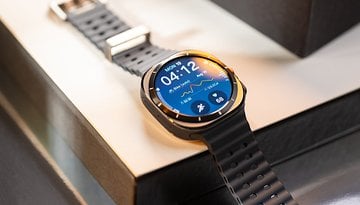
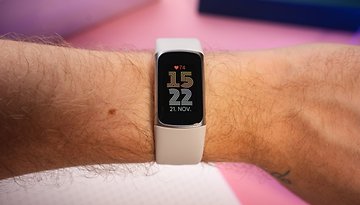
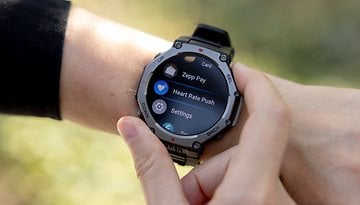
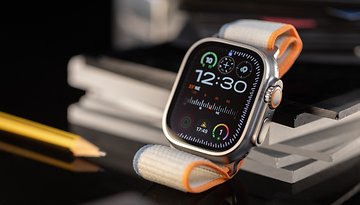








I can't hardly wait!
Love my G3 Frontier that has BOTH NFC & MST! Also, it is a little more secure, since it uses a ONE TIME token for payment and not your actual card number. Skimmers wouldn't work since that token is only good for one time.
Besides wearables being a lame product, the securirty proposition and clothing hassles really dictate wearables can only be a partial solution.
Wrist products are unsafe and insecure. As jewelry there are jobs where a wearable is unsafe. So there's a class people who won't be using these regularly. Im a tech nerd and wear no jewelry at all as it all bothers me. No rings. No watches
There any number of pick pockets who excel at watch removal.
Half the year I'm wearing clothes into stores where dealing with a wrist payment is a no go. it's blocked by gloves or a tight cuff on my jacket or a bulky coat or...
Phone payments are still easy in all these situations unless I need a fingerprint which I rarely even set up. It's simply less secure.
It's not quite that easy for someone else to pay with your watch.
Doesn't the wearable technology make it even easier (especially in a crowd) for scammers to scan your bank information, as the watch is exposed to others?
Touchless payments are supposed to use a one-time generated code.
And you have to be involved in the sending and approving the code so it's not just entirely passive.
The way my bank explained it to me, and, you can see it on the text message/email you get (if you have it set up that way), that ever time you use it, they generate a ONE USE token, NOT your actual bank number.
No. The tech doesn't work that way. You have to actually be paying for something and even then it is encrypted and tokenized for a single use. You get a notification immediately when you buy something as well.
We should mention that the Samsung Gear S3 is capable of both NFC (near field communication) AND MST ( Magnetic Secure Transmission). This enables it communicate to old style point of sale card swipe terminals. It's the only watch to do that. Sadly, they have done away with MST in their new Galaxy Watch.
Yep, I'm keeping mine as long as I can